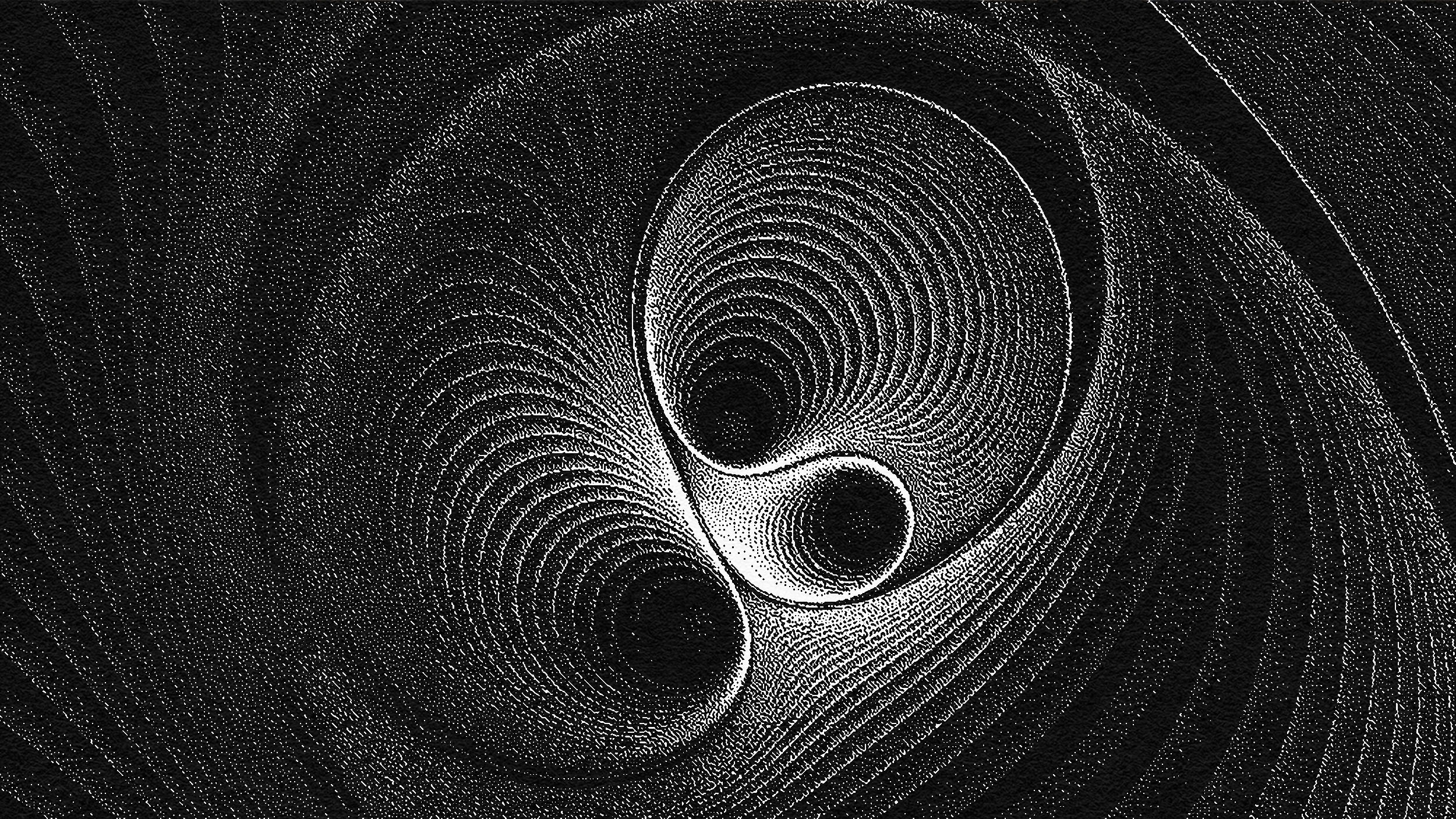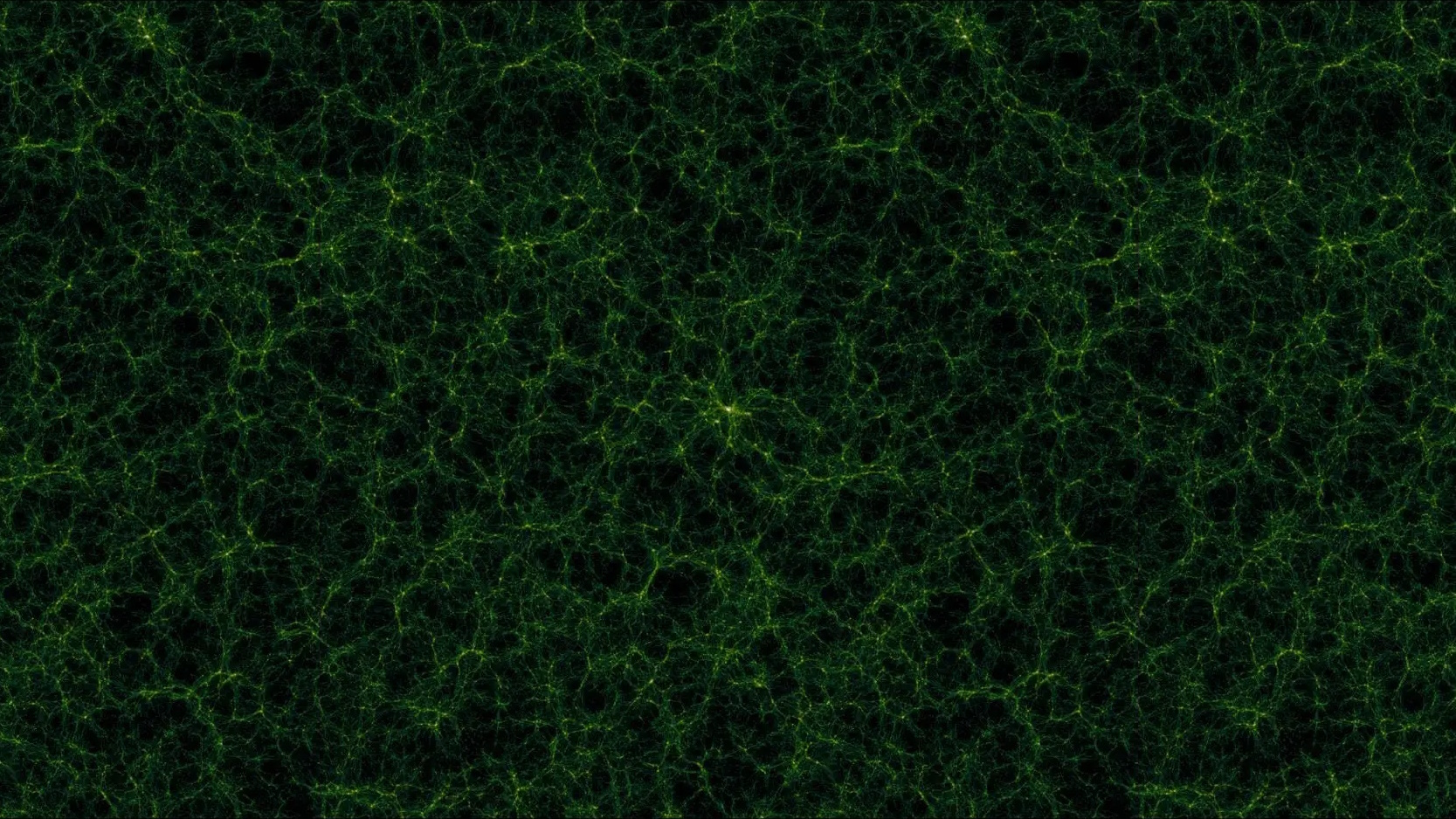Is mathematics the empress of science? A physicist weighs in.

- In the debate over which scientific discipline is the most fundamental, some argue that mathematics provides the best representation of reality.
- However, mathematics is a field of pure logic that exists independently from the natural world.
- Scientists select and apply the mathematical logic that best aids in a model’s ability to describe observed phenomena accurately.
Social media can be a snarky place, with people locked in an endless game of one-upmanship. I am sad to say this behavior can also be seen among science enthusiasts when debating over which discipline is more fundamental. People often take a reductionist view in these arguments, claiming that sociology is merely applied psychology, psychology derives from biology, biology arises from chemistry, and, of course, chemistry is applied physics. As a physicist, I can get behind this way of thinking. To my mind, physics is the queen of sciences.
However, one school of thought goes a step further to dismiss all of science as simply a recursive application of applied mathematics. If physics is the queen of science, then mathematics is the empress. There’s an xkcd comic that humorously illustrates the debate, and some noteworthy physicists have made similar claims.
For example, in 1960 the physicist Eugene Wigner published a paper called “The Unreasonable Effectiveness of Mathematics in the Natural Sciences.” While his position is often overstated among online combatants, he comments on the uncanny parallels between mathematics and physics, marveling at how well mathematics works. The physicist Max Tegmark has postulated that reality doesn’t just parallel mathematics; rather, reality is mathematics, and all mathematical structures are representations of a variety of realities. In his proposal, the different mathematics describes real universes embedded in a larger multiverse. This proposal is controversial — there is a reason that some in the theoretical community refer to Tegmark as “Mad Max” — but there are certainly some who would argue for the primacy of mathematics over physics.
There is also no denying the value that mathematics brings to professional physicists. An awful lot of my college years were dedicated to learning mathematical skills and how to apply them to the theories needed to solve specific research problems. Indeed, one representation of the equation that governs all known subatomic phenomena needs to be written down on an entire page. That’s just to write the equation down, not to actually do anything with it. Given the centrality of mathematics to modern physics, it’s entirely understandable that some think this centrality implies primacy. While these individuals may respect all science, for them mathematics is primus inter pares.
I have a different take. I would argue that those who joust over the relative status of science versus mathematics understand neither.
Science is the study of the natural world. Physics — especially fundamental physics, which is my specialty — is the study of the deepest rules of nature. When we’re being grandiose, my colleagues may say that we investigate the underpinnings of physical reality by diving deeply into the laws of matter and energy, space and time. Particle physicists and cosmologists search for the connections between the known behaviors of matter and energy, hoping to show how what appears to be entirely disparate phenomena are really different presentations of the same thing. One example is how the physicist James Clerk Maxwell showed that electricity and magnetism were two ways a combined phenomenon called electromagnetism affects the world.
In contrast, at least intrinsically, mathematics has absolutely nothing to do with physical reality. Rather, mathematics might be called a subset of logic. Taking some liberties that might offend professional philosophers, mathematics might be broadly thought of as the logic of numbers and quantities.
Now, when I say “mathematics,” I don’t mean arithmetic, geometry, or calculus. Those are examples of mathematical disciplines, but I have a more abstract meaning in mind. I am talking about intellectual constructs in which one selects a set of objects (usually numbers) and a list of rules that govern them and then uses logic to figure out the implications of those choices. Toss in a symbolic language, and you have a form of mathematics.
For example, basic arithmetic might be characterized as the rules that govern integers combined with the operations of addition and subtraction. Mathematics sets down what happens if you take that set of numbers and apply those operations. Add or subtract two integers, and you get another integer. Add zero to a number, and you get the same number. The form of mathematics that covers this sort of thing is called “group theory.”
If you need to represent objects that aren’t whole units — say, half a pie — that primitive form of mathematics doesn’t work. You need to add multiplication and division to the mix. When you do that, you invent additional numbers, specifically fractions.
One can go on and add other numbers to make up the real numbers (which are all the conceivable numbers ranging from minus infinity to plus infinity). You can imagine additional operations and rules governing the ever-burgeoning list of numbers.
The operations and mathematical rules don’t have to be the familiar ones. Using normal math, if you add 11 and 4, you get 15. However, there is a form of mathematics — colloquially called “clock math” — in which 11 + 4 = 3. You’ve no doubt used this form of mathematical logic without appreciating it for what it is. If it’s 11 o’clock and something is happening four hours later, it will occur at 3 o’clock. This is a valid mathematical logic; it’s just not the one governing the ordinary way of counting.
So how do these definitions of science and math blend? After all, it is inarguable that mathematics is deeply embedded in the world of contemporary science. It begins with a couple of deeper thoughts.
The natural world is what it is. It is independent of humanity and governed by rules arising from root causes currently unknown to us. Water falls when it rains. The stars move across the sky on a clear night. The galaxy spins languorously over the eons. The laws of the universe are what they are, and there is scant anything we can do about them.
Science is an attempt to understand those behaviors. We propose models, which have assumptions. We carefully select the subset of mathematical logic that best represents the assumptions embedded in our model, and we then use it to perform calculations. These calculations aren’t the physical world. They are manipulations of models, using the logic of the mathematics being applied.
Not all mathematics works for all scientific models. For example, if we are trying to understand the behavior of water, we usually think of it as something that we can cut into ever-smaller quantities. For such a paradigm, we would elect to use the continuous math of high school algebra and introductory calculus.
However, when we get to small enough scales, we encounter individual water molecules that cannot be cut in half and still be water. Here, continuous mathematics is not the best choice; instead, we should use the logic of discrete mathematics. If we don’t change the mathematical formalism being used, we will make predictions that do not agree with the behavior of the natural world.
My position is first that mathematics is an exercise in pure logic. It is not a human construct. Second, the universe is governed by whatever rules govern it, and these are also not human constructs.
Modern science creates models built on assumptions and uses whatever subset of mathematical logic that seems to parallel the rules governing nature. This is a human construct and a powerful one at that. If a model is validated by comparing its predictions to measurements, then we hope to use this model and mathematical logic to predict phenomena that have not been tested. If that happens, we have some hope that our guess of a model is a reasonable representation of reality.
A good example is Albert Einstein’s general theory of relativity. Released in 1915, it was quickly validated by accurately predicting the motion of Mercury’s orbit and the distortion of the apparent location of stars during a solar eclipse. The theory also predicted black holes and gravitational waves, two ideas that took nearly a century to validate. Mathematics allowed researchers to make quantitative investigations into the implications of the theoretical model and the mathematical logic governing it.
But math is not science. Math is a field in itself, and it would exist without science. From a scientist’s point of view, mathematics is a powerful tool that can be used to create a series of theories that model reality even more accurately. If it turned out that the implications of each model could more easily be determined through interpretive dance, scientists would chuck mathematics and lace up their dancing shoes.
There is no denying the brilliance of generations of mathematicians who delight in playing with numbers and diving deeply into the consequences of the assumptions of each form of mathematics. I tip my hat to those who do all of that heavy lifting. Indeed, when I was young, I was one of them, having earned a college degree in mathematics.
But as my career progressed, it became clear that I am not a mathematician. I am a scientist. Understanding the laws of nature pulls at me far more than understanding the consequences of logic. Thus I will leave mathematics to the mathematicians, and I remain grateful for their work as it makes it much easier for scientists to investigate how the universe works.
So, to those hardy scrappers who argue on the internet about the hierarchy of sciences, I would say that all are interesting (although I do believe that physics underlies all of the others). Math exists outside science — a purer discipline even. It simplifies the work of scientists in that most ambitious goal of trying to understand everything.





